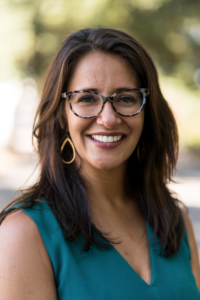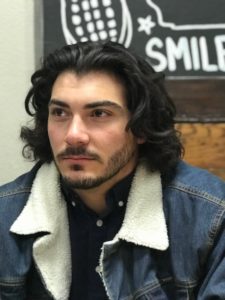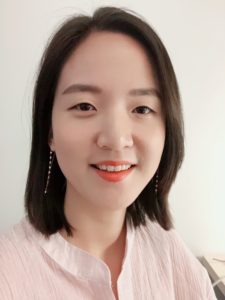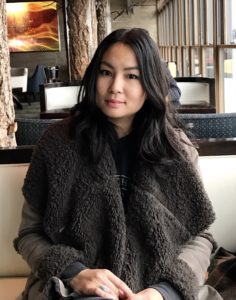As you vote in the midterm elections, you may not realize just how many students at USC are researching voting and politics. Ph.D. candidates across multiple schools at USC spend countless hours studying voting, what drives people to the polls and how we express our political opinions.

Sara Sadhwani is receiving national attention for her research on voting. Sadhwani is a Ph.D. candidate in the Political Science and International Relations program at USC Dornsife College of Letters, Arts and Sciences. Her work focuses on estimating vote choice using surname matched vote returns for Asian American and Latino voters.
Sadhwani wrote an article for The Washington Post in May, just ahead of the primary elections. She looked at the potential influence of Asian American voters in Orange County. She found that Asian American voters in Southern California tend to lean Republican. This finding is the opposite of the national trend. However, she also found that Asian Americans in many Southern California districts supported Hillary Clinton over President Trump in the 2016 election. Sadhwani notes in her article that Asian Americans are the fastest growing immigrant group in the U.S. The research she details in The Washington Post article was also highlighted in two pieces in the New York Times and on KCRW radio station.

Another Ph.D. candidate, Jarred Cuellar, is researching Latino voting behavior. His research focuses on what mobilization efforts drive Latinos to the polls. He’s looking at the impact of a variety of mobilization techniques including “Get Out the Vote” campaigns, mailers and canvassing. Cueller is currently a second year Ph.D. candidate in political science.

At the Annenberg School for Communication and Journalism, part of Ph.D. candidate Jeeyun (Sophia) Baik’s research focuses on how people express, or hide, their opinions about politics in conversations and on social media. Baik says, “I am researching (re)configurations of public spheres facilitated by communication media and their impacts on people’s engagement in social and political issues.” Baik says she plans to further investigate people’s privacy concerns when they express opinions on digital platforms.

Whitney Hua, a Ph.D. candidate in the Political Science and International Relations program, is also studying the impact of social media in political communication. Her work focuses on how elected officials communicate with the public via social media, and how the public receives and processes those messages. “We hear a lot about politicians from both the right and the left nowadays thinking that the opposing side is simply wrong about various political issues,” says Hua. “I think understanding how our elected officials view ‘right’ and ‘wrong’, and concurrently, how they use language to support these conceptions in their public messages, is an important area of study given that this may be a huge contributing factor in the political polarization we’re seeing today.”



